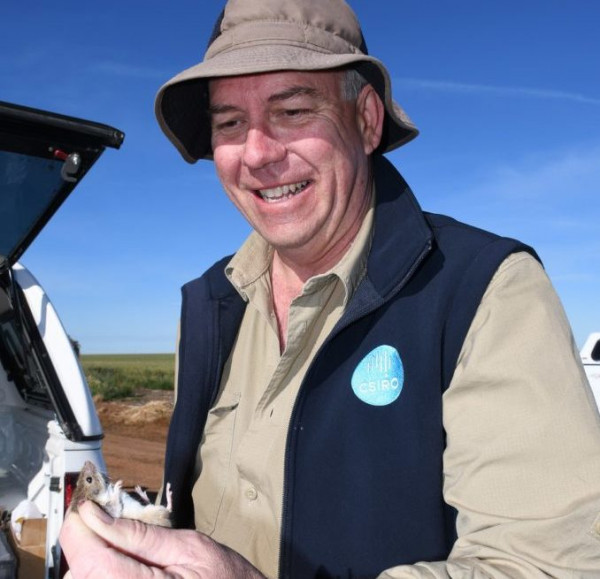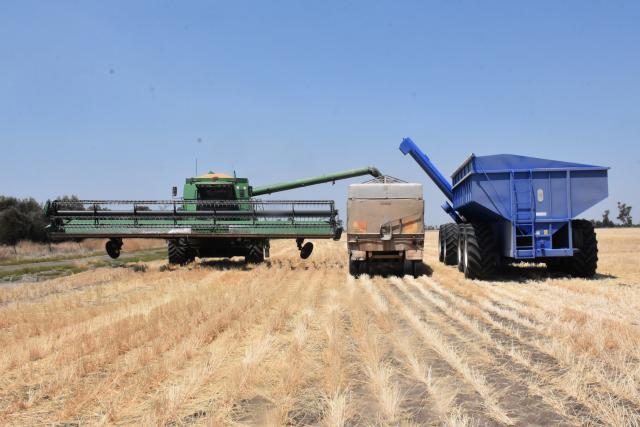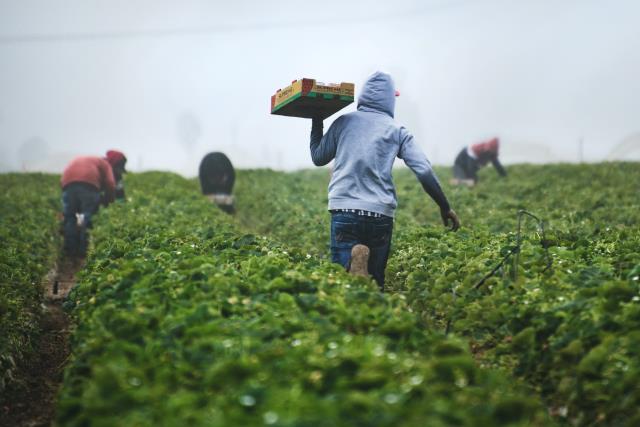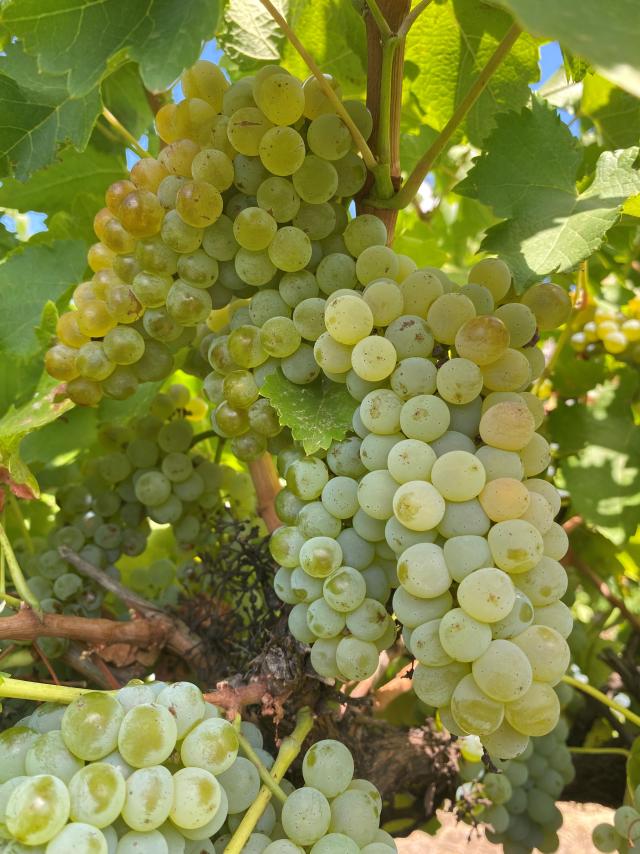NORTH-WEST Victorian grain growers are being urged to check paddocks for mouse numbers and record mouse activity as part of a national campaign aimed at early detection and effective control ahead of this year’s winter crop.
Concerns about mouse numbers were front of mind at the latest meeting of the National Mouse Group.
CSIRO mouse researcher Steve Henry is encouraging growers to monitor and log mouse activity this season at www.feralscan.org.au/mousealert/ using @MouseAlert.
Mouse Alert is a free online tool which allows growers to record and view mouse activity in their area, aiding in the collective efforts of the National Mouse Group to track and manage mouse populations effectively.
Mr Henry says monitoring also has a key role in providing organisations, such as CSIRO, with a more comprehensive understanding of mouse activity, which could assist in research that informed and improved management strategies for growers.
“We are urging growers to get out of their utes and check their paddocks,” he said.
“Even if you think mouse numbers may be low, get out, walk through paddocks and look closely for any signs of current mouse activity. High stubble loads can hide the signs of mouse activity.
“While mouse numbers vary across cropping zones, if present in high numbers, they could have devastating impacts on crops being sown in the coming months.”
Regular monitoring and early identification of mouse infestations is essential. If left unchecked, a mouse population can quickly escalate and result in crop losses, reduced yields, and increased costs associated with pest control measures. In addition to eating crops, mice can also damage infrastructure such as irrigation systems and farm buildings.
“This year, we are seeing localised and patchy mouse activity,” he added.
“In some areas, good summer rains could lead to increased mouse numbers, but conversely, flood events may have helped to keep mouse populations low. The key message is to monitor.”
Growers should also be aware that the emergency permit for ZnP50 expired at the end of December 2023, so 25g/kg zinc phosphide baits (ZnP25) are currently the only registered bait available. Zinc phosphide bait must be spread according to the label rate of one kilogram per hectare.
















